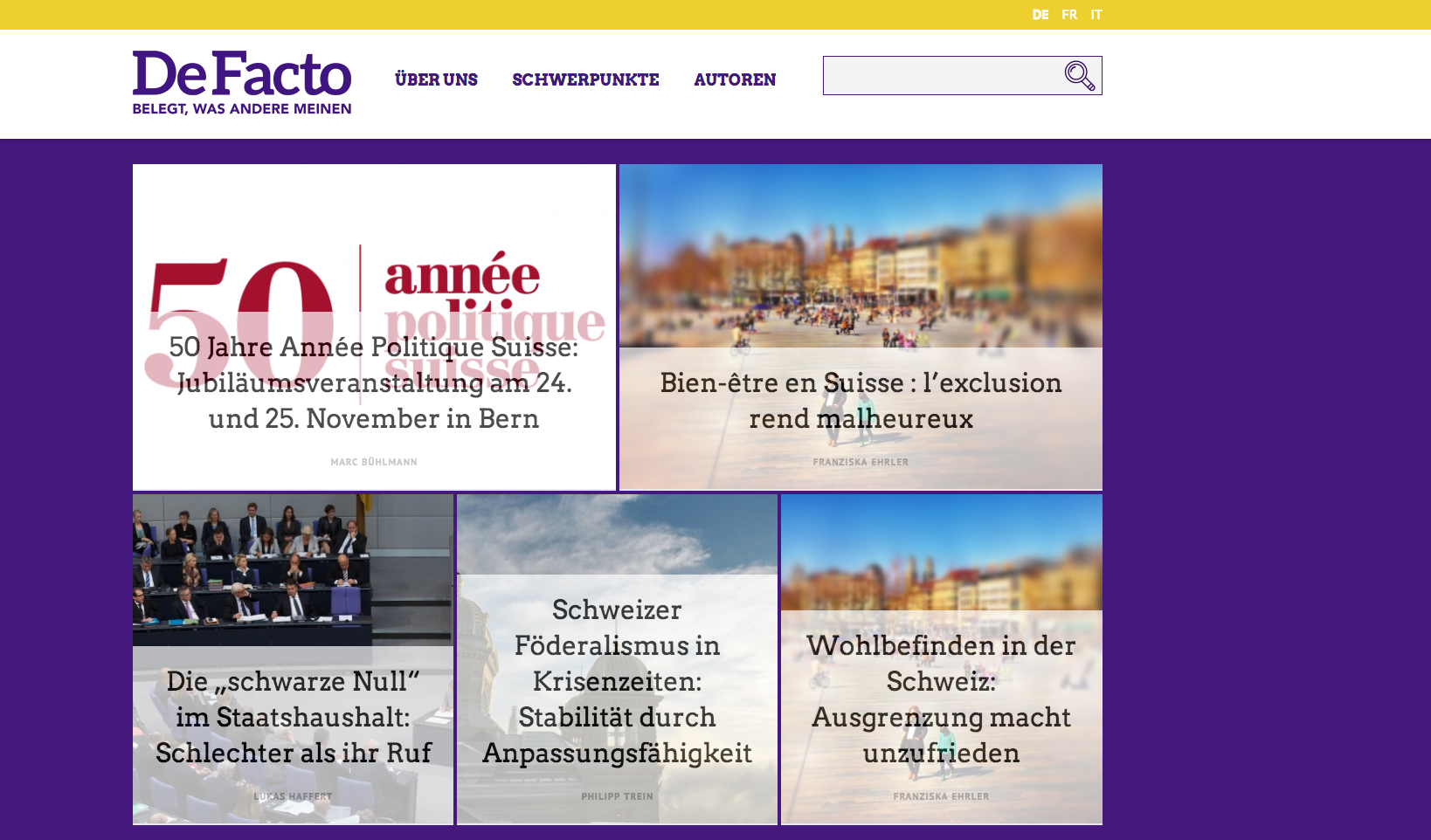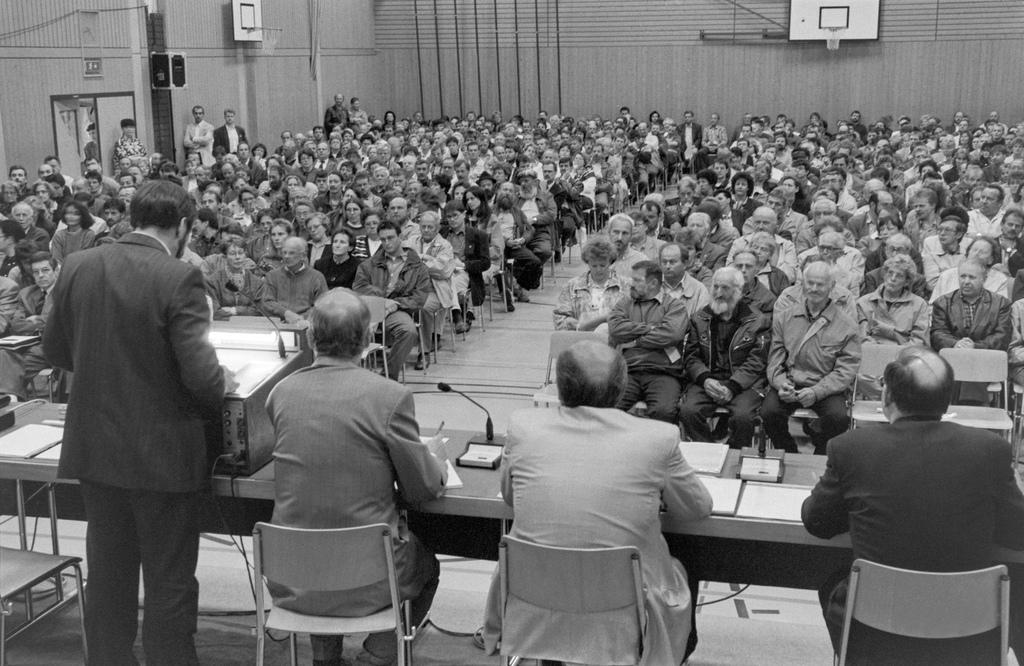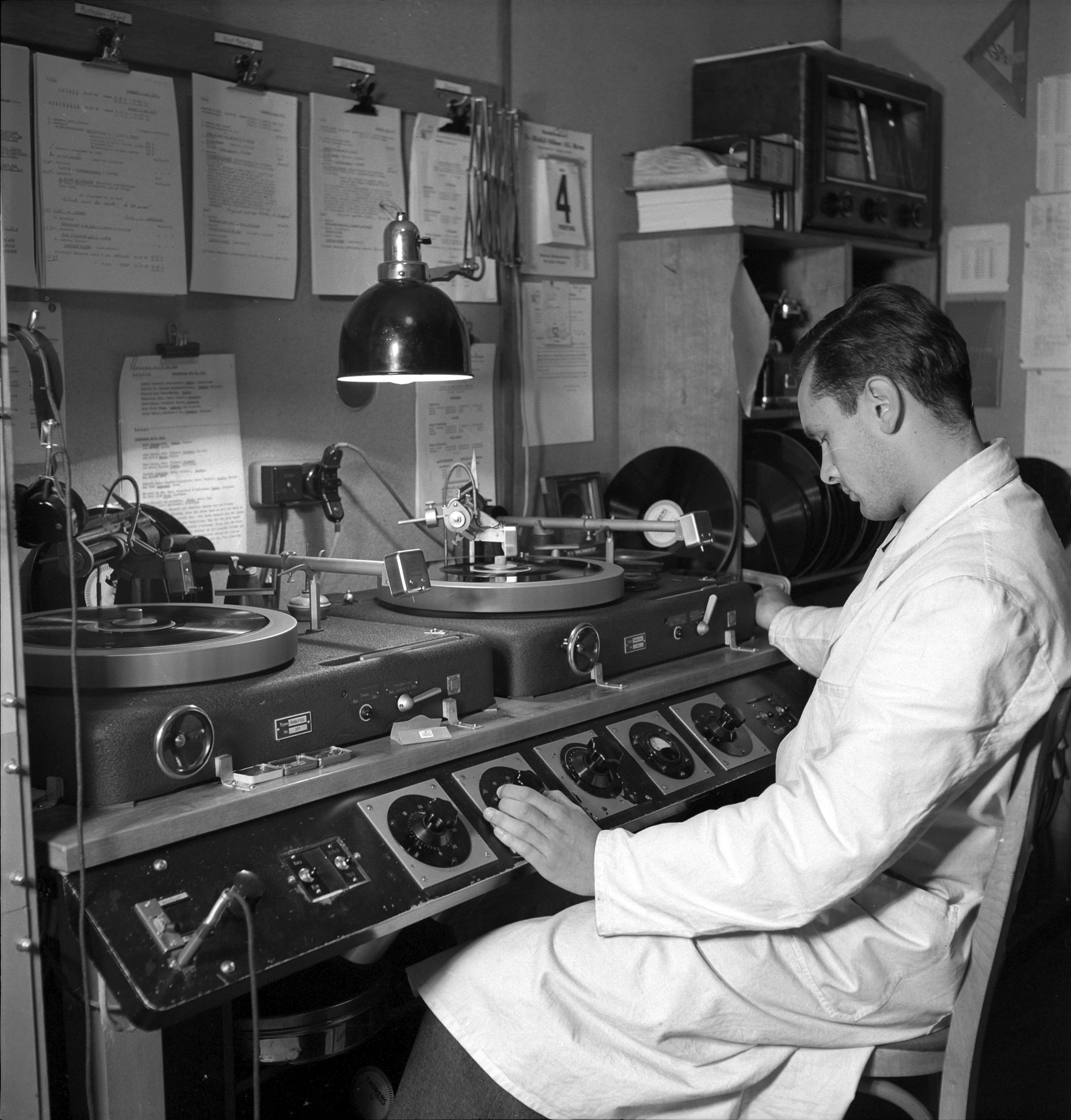Political researchers reach out to broad audience

Launched in 2015, the online platform DeFacto hopes to win media attention for political scientists in Switzerland. It could also help them build a personal network.
A flurry of more than 20 articles marked the inauguration of the website timed to coincide with the run up to the 2015 parliamentary elections.
More than 15 months later, Georg Lutz, professor of political science at Lausanne University, looks back at more than 170 publications with a sense of achievement and satisfaction.
“We succeeded in creating a platform for political scientists across Switzerland and have been publishing an average of more than two contributions a week,” says Lutz, one of the driving forces behind the project.
“We are well established,” says Sarah Bütikofer, co-founder and member of the four-member editorial committee.
The political scientist at the University of Zurich sees the role of DeFacto as a gate keeper for the media, “making it easier for journalists to access the results of our research on political topics.”
The list covers a broad range, including elections and initiatives, e-voting, local assemblies and other forms of citizens’ participation, as well as the involvement of the Muslim minority in Europe’s democratic system.
Most of the contributions are published in German and some in French and Italian. Lutz says there are no plans for DeFacto to start publishing in English.
“We primarily target a broad audience in Switzerland. This is why we stick to the three national languages,” he says.

More
Political parties driving force behind initiatives
Another potential audience are people with a professional in interest in politics, be it politicians, government representatives, and private organisations and associations.
For now, Bütikofer is pleased to see that Swiss media – mainly the German-language ones – have used content from DeFacto. The English service of swissinfo.ch has also adapted and published a few articles (see related stories below).
Bütikofer hopes that the online platform can also help showcase the work of young scientists keen to reach out to a non-academic readership.
Overdue
Claude Longchamp, senior political expert and pollster, says the existence of such a platform was overdue.
The founder of the GfS Bern research institute says political scientists – as well as historians – have followed in the footsteps of economists who discovered this form of outreach a while ago.
Longchamp appreciates reports on current research projects and the latest scientific findings and says there could be space for essays by experienced researchers. The editorial group’s goal to write in a style that is accessible to a broader public is a cultural sea change.
“Relevance is judged by what can be understood by the media without too much of a delay,” he says.
Inspiration in US
Lutz says the idea for an online platform for political science in Switzerland was inspired by discussions in the United States. Scientist there faced cuts in public funding and as a result stepped up efforts to improve the transfer of knowledge between academia and a broader public.

More
How to make town hall meetings more attractive
Lutz and his fellow campaigners received the necessary support from other colleagues at all Swiss universities across the country and secured initial funding for two years from the National Science Foundation.
He emphasises the scientific standards at DeFacto and the management thanks to a team of editors. Representatives of political science institutes based in Swiss universities assure quality control.
“Our aim was to have a professional and institutional setup with contributions providing independent analysis. We tried to avoid the blog approach and pure opinion pieces,” he says.
Networking
Questions remain over whether platforms such as DeFacto can play a role in the democratic process. Longchamp is skeptical.
“This would need a shift towards becoming a political think tank or a lobby group,” he says.
He prefers DeFacto to stick to its role as a gatekeeper and consolidate itself for some time.
Longchamp is not convinced that the media will be the main drivers of boosting the visibility of research results for the general public. Instead, he sees DeFacto as a personal networking platform for members of the political community, the business world and the communication sector.
“Former colleagues from university who may no longer be in research are likely to be among the most interested and competent potential users,” he says.
Political scientists have to foster closer links with potential readers working for private companies or for state institutions. There is some catching up to do to be able to compete with experts in international relations as well as those in public management and governance, according to Longchamp.

In compliance with the JTI standards
More: SWI swissinfo.ch certified by the Journalism Trust Initiative





You can find an overview of ongoing debates with our journalists here. Please join us!
If you want to start a conversation about a topic raised in this article or want to report factual errors, email us at english@swissinfo.ch.